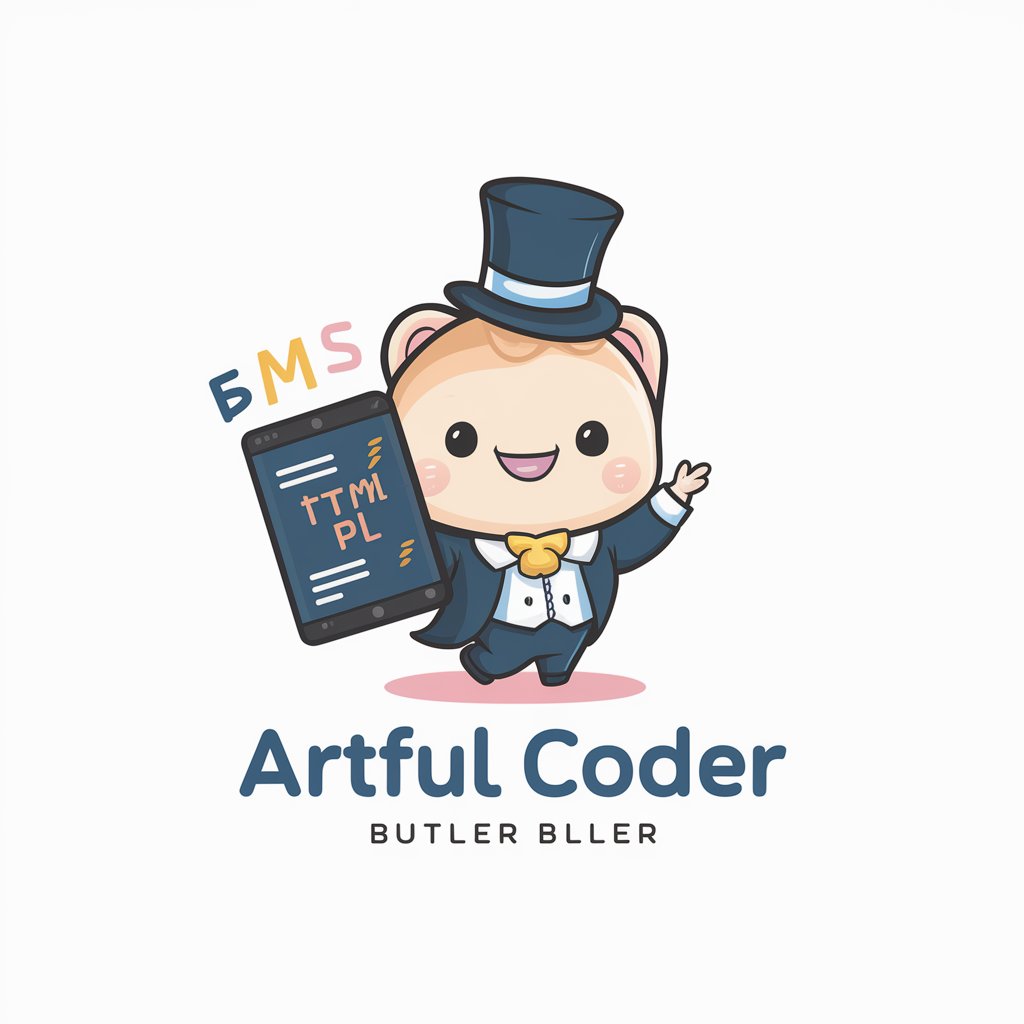Research Reviewer - Academic Paper Review

Hello, ready to review your research papers academically.
Elevating Research with AI-Powered Reviews
Give me a rating of this paper
Write a short summary to SPC or Editor
List strengthens and weakness
Show me detailed review
Get Embed Code
Introduction to Research Reviewer
Research Reviewer is designed to facilitate and enhance the process of academic paper review, offering a structured and detailed evaluation framework. This tool is tailored to assist reviewers in assessing research papers systematically, ensuring a comprehensive analysis of each submission. Through its specialized functionalities, Research Reviewer aids in identifying the strengths and weaknesses of a paper, commenting on specific aspects such as motivation, presentation, related work, technique, and experiments. For example, when reviewing a paper on a new machine learning algorithm, Research Reviewer helps break down the evaluation into sections like the algorithm's novelty, its comparison to existing methods, the clarity of its presentation, and the robustness of its experimental validation. Powered by ChatGPT-4o。

Main Functions of Research Reviewer
Summarization
Example
Providing a neutral summary of a research paper's objectives and findings without bias.
Scenario
When a reviewer encounters a complex paper on quantum computing advancements, Research Reviewer assists in distilling the core research question and key contributions, making the review process more accessible and structured.
Strengths and Weaknesses Analysis
Example
Identifying and listing the strong points like novel contributions or significant improvements over existing methods, and weaknesses such as methodological flaws or lack of clarity.
Scenario
In reviewing a paper on environmental impact assessment using AI, Research Reviewer aids in pinpointing the innovative use of AI models as a strength, while highlighting the limited real-world applicability as a weakness.
Detailed Aspect Analysis
Example
Providing in-depth commentary on the paper's motivation, presentation, related work, technical approach, and experimental setup.
Scenario
For a paper introducing a new data encryption method, the tool helps dissect the encryption technique's uniqueness, assess the thoroughness of related work citation, and evaluate the experimental proof of concept.
Ideal Users of Research Reviewer Services
Academic Researchers
Scholars and scientists involved in peer reviewing for journals and conferences would find Research Reviewer invaluable for providing structured, fair, and comprehensive reviews, enhancing the quality of academic discourse.
Graduate Students
Students working on their theses or dissertations can use Research Reviewer to self-evaluate their work or peer-review classmates' submissions, fostering a deeper understanding of academic standards and critical analysis.
Conference and Journal Editors
Editors overseeing the peer review process can utilize Research Reviewer to ensure submissions receive detailed, constructive, and standardized evaluations, streamlining the decision-making process.

How to Use Research Reviewer
1
Begin with a visit to yeschat.ai for a complimentary trial, accessible instantly without the need for a ChatGPT Plus subscription or even creating an account.
2
Upload your research paper or any academic document you wish to review directly on the platform.
3
Specify the particular aspects of the paper you're interested in reviewing, such as motivation, presentation, technical content, or experiments.
4
Use the provided template to enter your review requirements, ensuring to cover all necessary aspects for a comprehensive evaluation.
5
Submit your review request, and the Research Reviewer will provide a detailed analysis, including strengths, weaknesses, and potential improvements for your submission.
Try other advanced and practical GPTs
我是 rapper
Craft Your Voice with AI-Driven Rap

GPT Finder
Discover AI Solutions, Tailored for You

Startup Mentor
Empowering Your Business Journey with AI

怼怼哥
Inject Humor into AI Conversations

クーリエがバイヤーと連絡とれないときのメッセージ作成
Streamlining Communication Between Sellers and Buyers

Look Around
Explore the World with AI-Powered Insights

製薬MR/MSLボット(Pharma MR Bot)
Empowering Healthcare with AI-driven Pharma Intelligence

Refugees resettlement support
Empowering Refugees with AI-Powered Support

ねこ印カレー工房
Master Spice Curry with AI

MuskGPT
Visionary Advice at Your Fingertips

Artful Coder
Bringing Designs to Life with AI-Powered Code

Fractal Financial
Revolutionizing Finance with AI-Powered Fractal Analysis

Frequently Asked Questions about Research Reviewer
What is Research Reviewer?
Research Reviewer is an AI-powered tool designed to provide detailed evaluations of academic papers, offering insights into their strengths, weaknesses, and areas for improvement.
Can Research Reviewer handle reviews for any academic discipline?
Yes, Research Reviewer is versatile and can handle documents across a wide range of academic disciplines, thanks to its advanced AI that understands specific domain requirements.
How does Research Reviewer ensure the quality of its reviews?
Research Reviewer employs advanced AI algorithms trained on a vast corpus of academic literature and peer review feedback, ensuring reviews are insightful and adhere to high academic standards.
Is there a limit to the length of documents Research Reviewer can process?
While Research Reviewer is optimized for comprehensive analysis, very lengthy documents might require segmentation into parts for optimal review quality.
How can users maximize the benefits of using Research Reviewer?
Users can maximize benefits by providing clear, specific goals for each review, using the feedback constructively, and incorporating suggestions into their revisions for improved manuscript quality.
